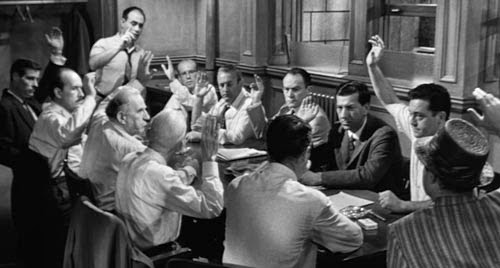Jury Deprived of Lesser in Reckless Driving Death Case

Last week, the Michigan Supreme Court rendered its decision in People v Thabo Jones , Docket No. 147735 (December 23, 2014) , upholding the constitutionality of MCL 257.626(5) . That statute mandates that, when the defendant is charged with reckless driving causing death (MCL 257.626(4)), the trial court shall not instruct the jury on the lesser offense of committing a moving violation causing death under MCL 257.601d . The difference is significant in that the former carries a maximum penalty of 15 years imprisonment, where the latter is a one-year misdemeanor. Judge Richard Scutt , ruling on a pretrial request for the lesser included jury instruction, held MCL 257.626(5) was unconstitutional in that it infringed on the judiciary's authority to regulate court practice and procedure. The prosecution sought interlocutory relief and the Court of Appeals (JJ. Ronayne-Krause and Shapiro, with K. F. Kelly dissenting ) affirmed . The Supreme Court granted leave and held ...



